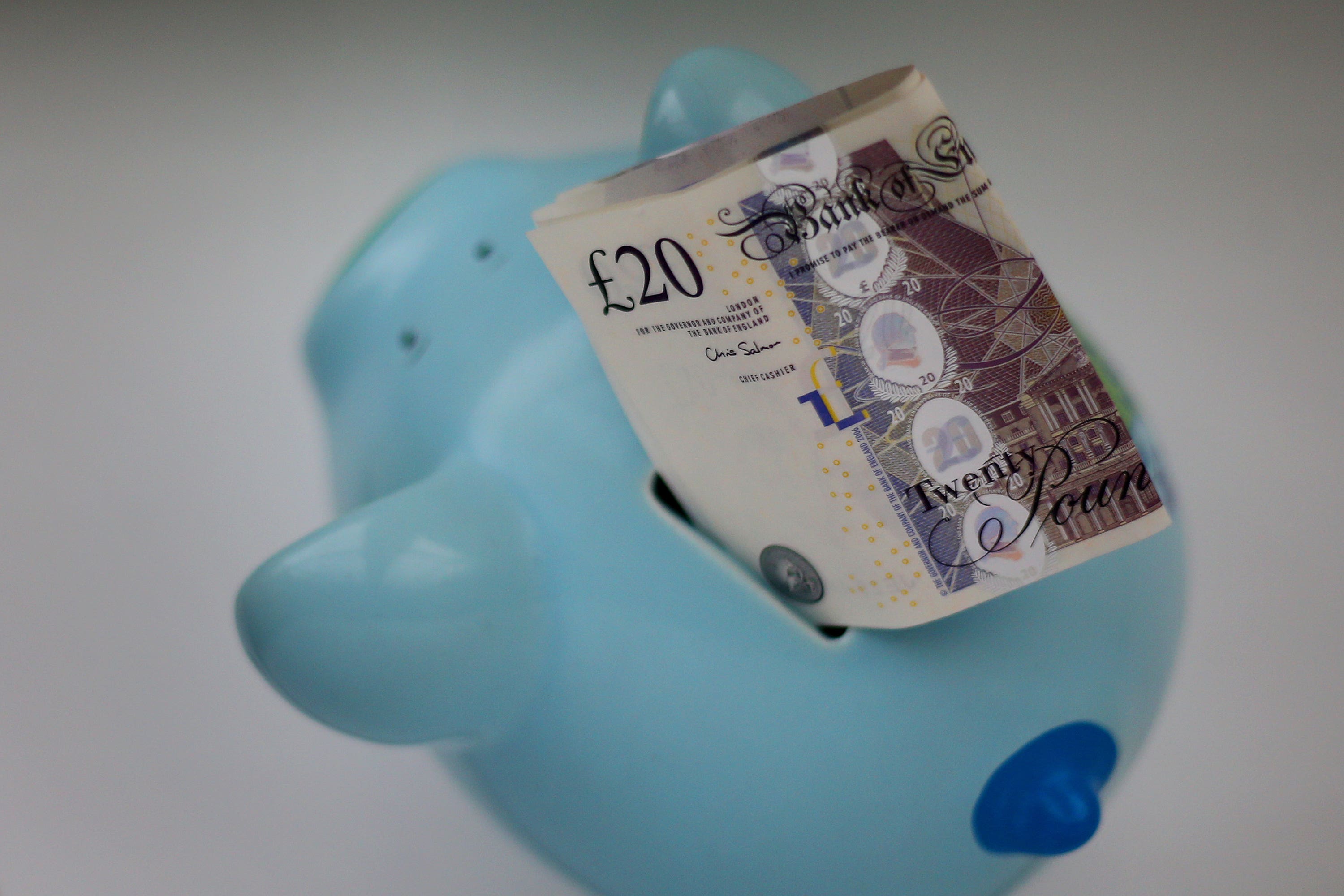£2bn poured into NS&I as savers seek security on deposits
Experts suggested people could be turning to Government-backed accounts to feel their money is secure amid global banking jitters.

Savers have poured cash into Government-backed National Savings and Investment (NS&I) accounts, as concerns over the stability of global banks reached boiling point this month.
Households deposited £2 billion into NS&I accounts during February, according to new figures from the Bank of England.
Savings giant NS&I is backed by the Treasury, meaning it secures 100% of people’s savings. Most UK-authorised banks and building societies will guarantee deposits of up to £85,000, so any additional savings could be lost if the provider goes bust.
February’s total deposits compared to net zero deposits in January – meaning customers withdrew as much money as they put in.
Worries about a few overseas banks may have reinforced the attraction of having an account 100% backed by the Treasury
It was also much higher than December, when £700 million was deposited, and a reversal of November when £300 million was withdrawn from accounts.
This month, the collapse of Silicon Valley Bank in the US, and the rescue takeover of Swiss banking giant Credit Suisse by UBS, were sparked by a “deposit run” whereby customers withdrew money over fears about the banks’ health.
It also prompted concerns over the ability of other lenders to withstand a squeeze on funding levels amid a period of higher interest rates.
Experts suggested people could be turning to Government-backed accounts to feel their money is secure and to benefit from an increase in savings rates.
It comes as NS&I recently launched a new issue of its Green Savings Bonds, paying an annual rate of 4.2% over a three-year term.
Sarah Coles, head of personal finance at Hargreaves Lansdown, said: “Recent rate rises on NS&I accounts mean they’re attracting a big chunk of this cash.
“Worries about a few overseas banks may have reinforced the attraction of having an account 100% backed by the Treasury.
“The level of fundraising they’re currently achieving may, unfortunately, persuade them to slow rate increases in the coming months.”
The combined net flow of money into bank, building society and NS&I accounts in February was £3.6 billion, increasing from £3.3 billion in January.
Economists for Pantheon Macroeconomics suggested banks may be tempted to raise savings rates in order to keep customers from withdrawing their cash and putting it elsewhere.
Samuel Tombs, its chief UK economist, said: “Households will be further disincentivised from spending their savings if, as we expect, banks raise deposit rates in order to ensure that depositors who have funds over the £85,000 guaranteed by the Financial Services Compensation Scheme do not withdraw their money.”
Meanwhile, the Bank of England made assurances that the UK’s major banks are “resilient” in the face of global turmoil.
Bookmark popover
Removed from bookmarks